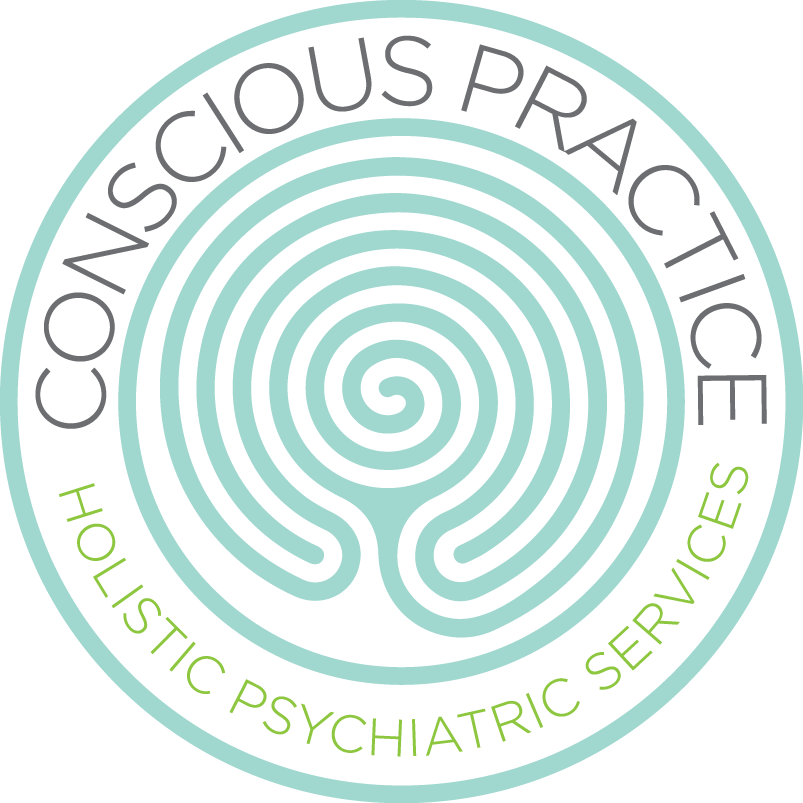How do we make meaning from our birth stories? In our society, the experience of the birthing person is often overlooked. “At least the baby is healthy; that’s all that matters!” Not so. For both parents and babies, birth matters. The way we give birth deeply impacts how we become parents, the way we view ourselves, and the relationship we have to this particular baby being born.
It’s important to clarify that we can honor the depth of impact while also neutralizing the diverse paths babies take to get into our arms. There is no right or wrong way to birth. Birth can be surgical, medically induced, herbally induced, manually facilitated, physiologically undisturbed, and sometimes a combination of these. Birth can take place at home, in a hospital room, at a birth center, in an OR, or in an unplanned location like a car or waiting room. Birth can be supported by traditional midwives, a team of physicians and nurses, a certified nurse-midwife, a doula, a partner, or no one at all. Birth can make us very vocal and dramatic, highly externalizing, or can draw us inward, completely internalizing. Birth can take a very, very long time or a shockingly short amount of time. We all benefit when we view these variations as variations of normal—and all morally neutral. There is no right or wrong path and thus no way to fail in birth.
Read more

